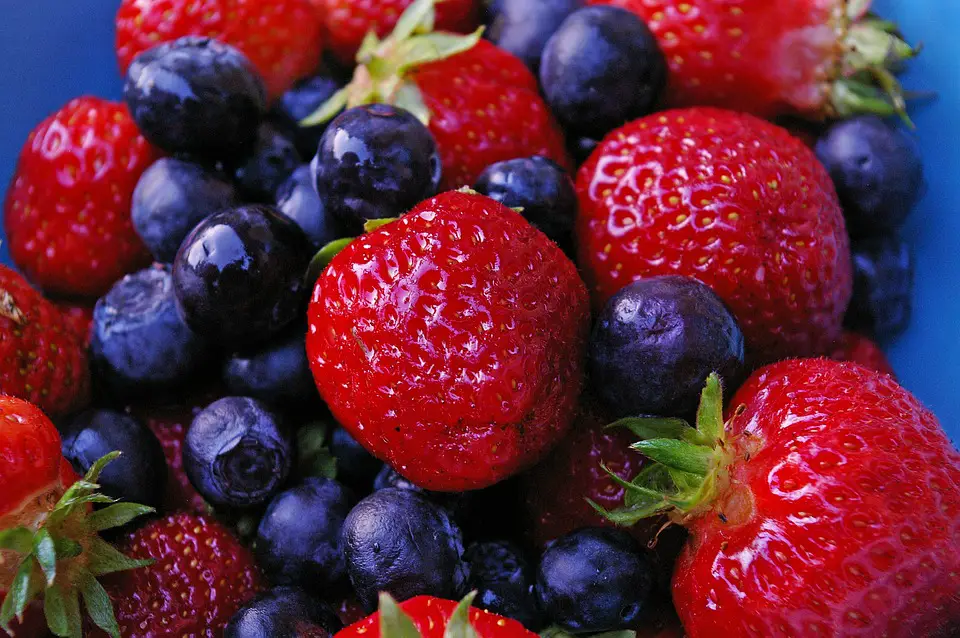Introduction
Edible gardens, also known as kitchen gardens or vegetable gardens, are a fantastic way to promote wellness and healthy living. They provide numerous physical, mental, and environmental benefits. Growing and harvesting your own nutritious produce not only improves your diet but also enhances your overall well-being. In this article, we will explore the various ways edible gardens can positively impact your life.
Health Benefits
Edible gardens offer an abundance of health benefits. Firstly, they encourage a nutrient-rich diet. By growing your own fruits, vegetables, and herbs, you have access to fresh, organic produce at your doorstep. This helps you consume more vitamins, minerals, and antioxidants, which promote a strong immune system and overall good health.
Secondly, gardening itself is a physically active hobby. It involves various activities such as digging, planting, weeding, and harvesting that can provide moderate exercise. Engaging in regular physical activity can help improve cardiovascular health, strengthen muscles, and enhance flexibility.
Mental Well-being
Edible gardens can have a positive impact on your mental well-being. Gardening has been proven to reduce stress, anxiety, and symptoms of depression. Spending time outdoors, surrounded by nature and engaging in gardening tasks, promotes relaxation and a sense of calm. Additionally, growing plants and witnessing their growth can give a sense of accomplishment, boosting self-esteem and improving overall mental health.
Gardening also provides an opportunity for mindfulness and meditation. The act of tending to plants, focusing on the present moment, and observing the growth cycle can help you become more present and mindful. This practice encourages stress reduction and promotes a sense of inner peace.
Sustainability and Environmental Benefits
Edible gardens contribute to a more sustainable lifestyle. By growing your own food, you reduce your carbon footprint as there is less need for transportation and packaging. You also have control over the cultivation process, ensuring no harmful pesticides or chemicals are used, which is both healthier for you and the environment.
The cultivation of edible gardens often involves composting, water conservation, and promoting biodiversity. These sustainable practices help preserve the environment by reducing waste and creating a healthier ecosystem that supports pollinators and beneficial insects.
Community Engagement
Edible gardens can foster a sense of community and social interaction. They provide opportunities for neighbors to connect, share knowledge, and collaborate. Community gardens, where multiple individuals or families maintain plots of land together, encourage cooperation, teamwork, and a sense of shared responsibility. These spaces often become places for social gatherings, educational workshops, and cultural exchanges.
Moreover, edible gardens can facilitate intergenerational activities, bringing together people of different age groups and backgrounds. Children can learn about the importance of healthy food choices and the environment by actively participating in the gardening process.
FAQs
1. How do I start an edible garden?
Starting an edible garden is relatively simple. Begin by selecting a suitable location with access to sunlight, water, and nutrient-rich soil. Decide which vegetables, fruits, or herbs you want to grow and gather the necessary seeds or seedlings. Prepare the soil by removing any weeds, loosening it with a garden fork, and adding organic matter or compost. Plant your chosen crops, water them regularly, and provide adequate care depending on their specific requirements. Remember to monitor their growth and protect them from pests or diseases.
2. Can I grow an edible garden in a small space?
Absolutely! Edible gardens can thrive even in limited spaces. Consider using containers, hanging baskets, or vertical gardening techniques to make the most of your available space. Choose compact varieties of plants or herbs, such as cherry tomatoes or herbs like basil and rosemary, that can be grown in small pots or confined areas. With proper planning and utilization of space, you can enjoy a bountiful edible garden regardless of size.
3. How much time and effort does maintaining an edible garden require?
The time and effort required to maintain an edible garden largely depend on its size and the crops you choose to grow. Generally, expect to spend a few hours each week tending to your garden. Tasks may include watering, weeding, fertilizing, and pest control. However, it’s important to remember that gardening can be a relaxing and enjoyable activity, so the effort put in often feels rewarding and therapeutic.




